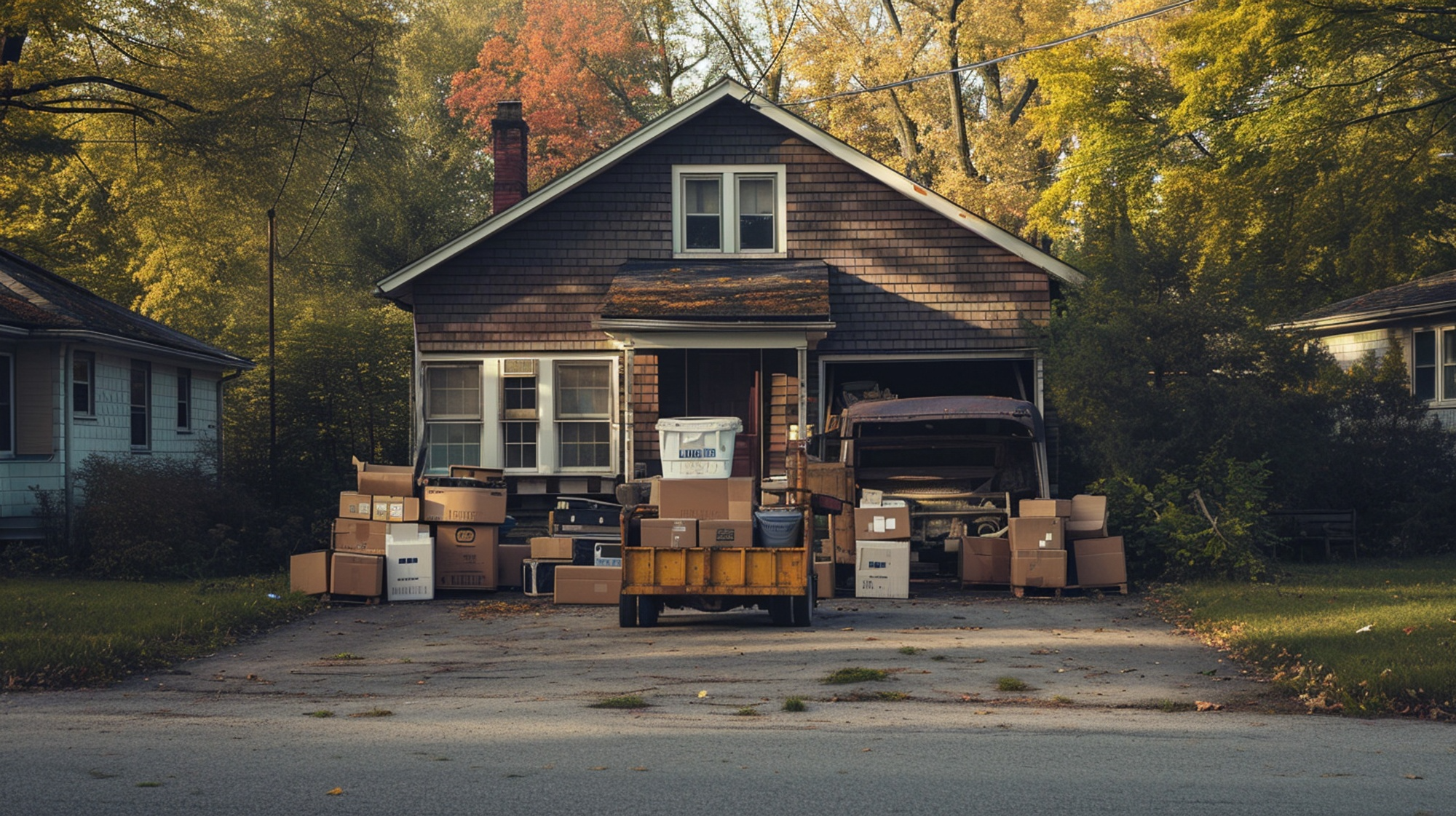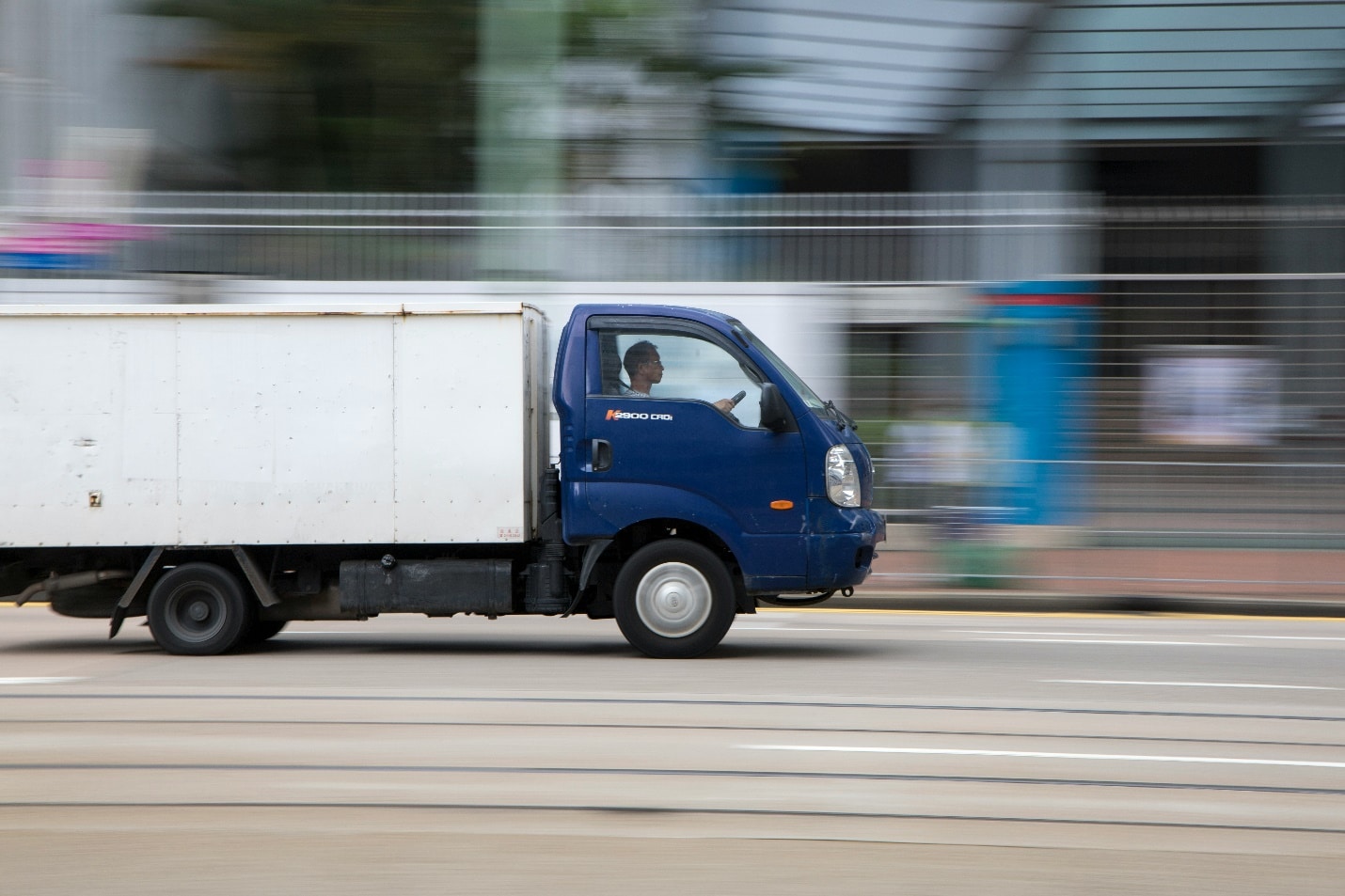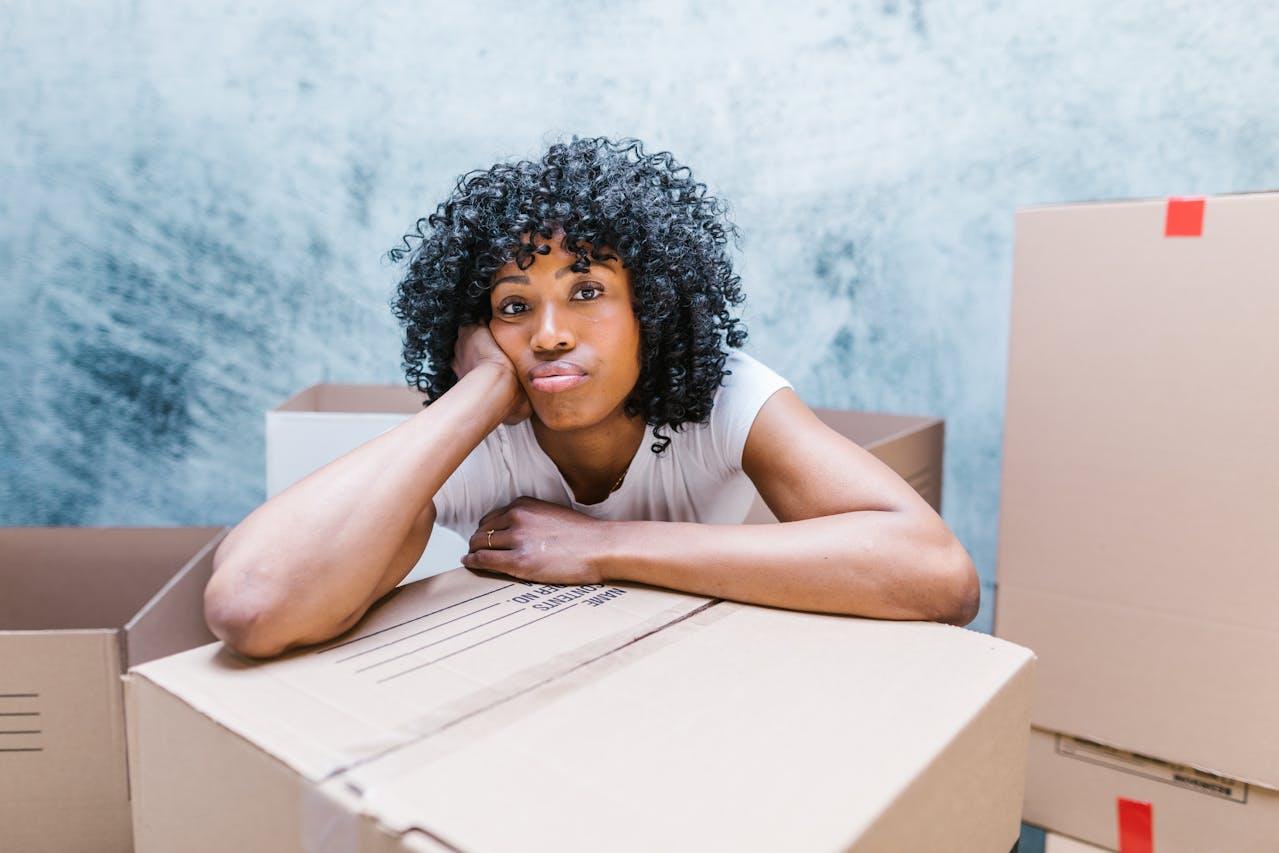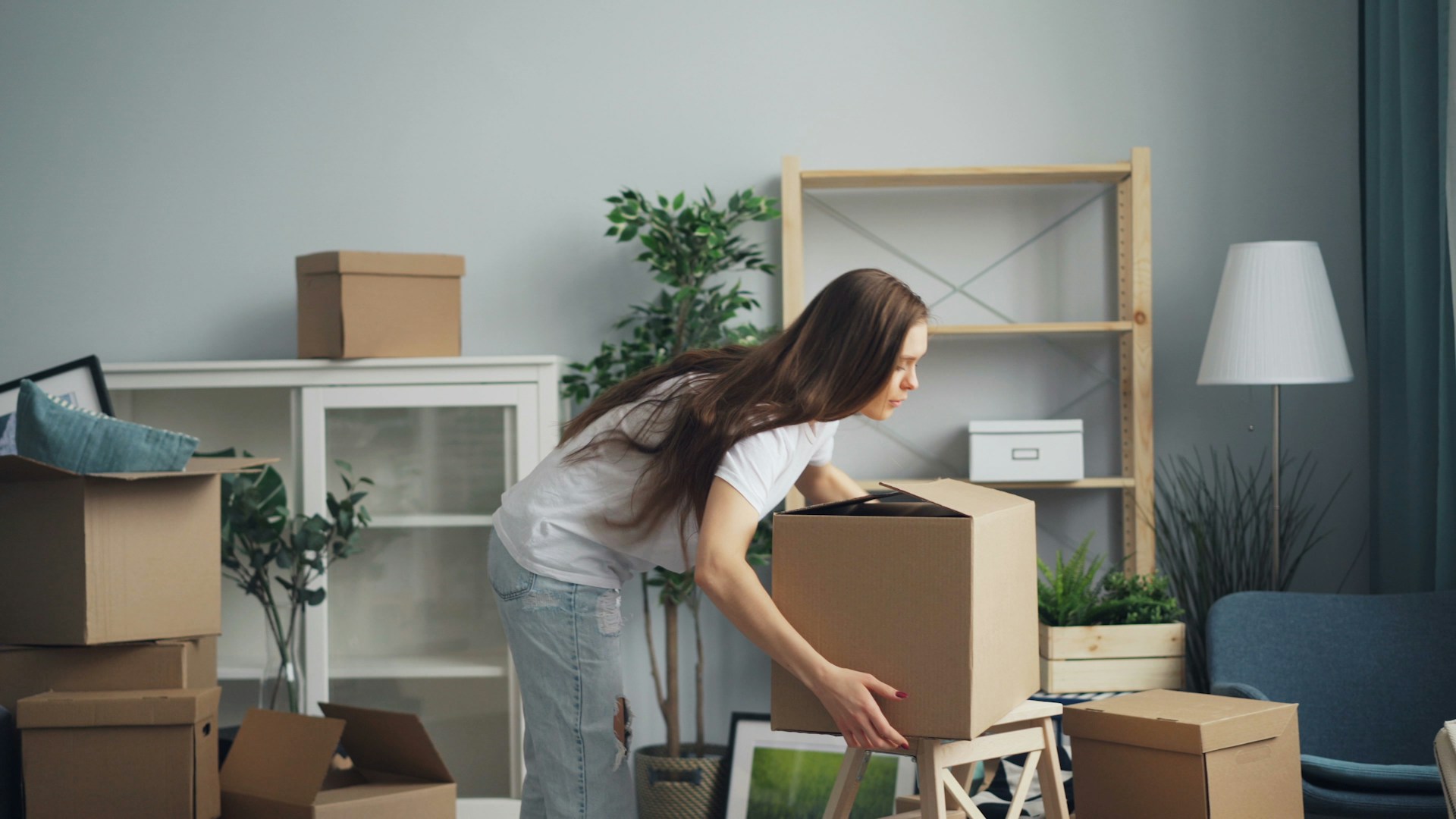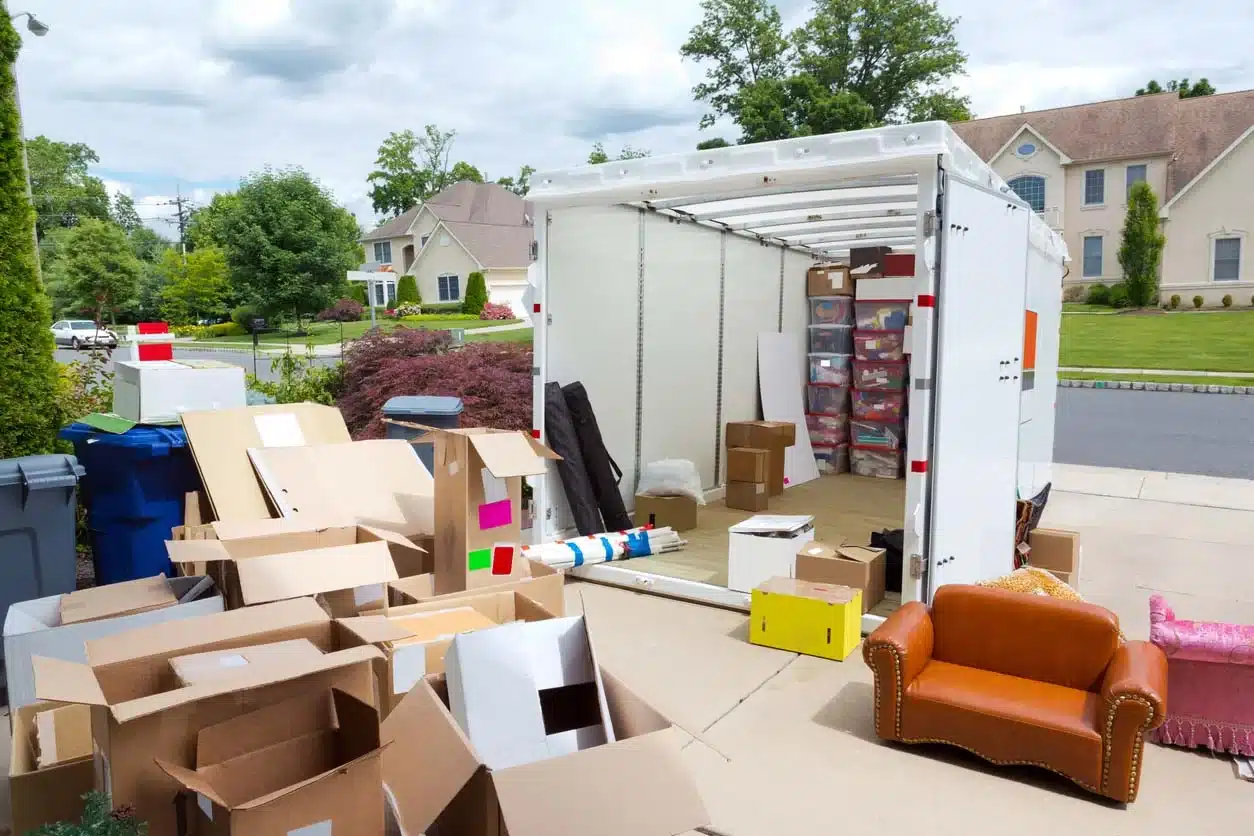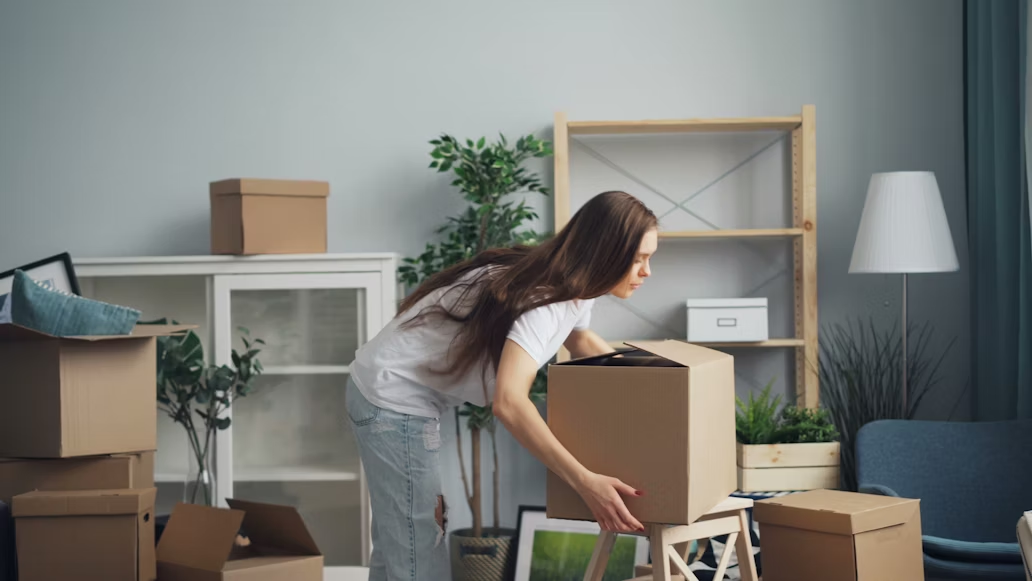Managing Stress During a Move: Essential Tips for a Smooth Relocation
Moving to a new home can be exciting but stressful. Planning ahead, enlisting help, and breaking tasks into manageable steps are key to reducing stress. By organizing effectively and prioritizing essential tasks, you can stay in control and make your move smoother. With the right approach, moving day becomes the start of an exciting new chapter.
Pre-Move Planning

Planning your move efficiently can significantly reduce stress and make the whole experience much smoother. Establish a clear timeline, streamline your belongings, and manage your finances to ensure a successful transition.
Creating a Timeline
A well-structured timeline can make your move less overwhelming. Start by marking your moving date on the calendar and work backward to set up key milestones. Consider what tasks need to be done and when, such as booking a home removals service or notifying utility providers. Breaking down the process into weekly tasks can make everything feel more manageable.
Use a checklist to track your progress and adjust your timeline as needed. Remember to include some buffer time for unexpected delays or issues. This proactive approach helps you stay organized and focused in the weeks leading up to your move.
Decluttering Your Space
Before packing, tackle decluttering. This step reduces the number of items you’ll need to move, potentially saving money and effort. Go through each room and sort items into categories: keep, donate, sell, and discard. Use an easy method like the “one-year rule”—if you haven’t used it in a year, consider letting it go.
Organizing a garage sale or donating items to charity can also be rewarding. Keep sentimental items, but aim to part with unnecessary clutter. This process not only simplifies packing but also gives you a fresh start in your new home.
Budgeting for the Move
Moving costs can quickly add up, so having a detailed budget is essential. Start by estimating major expenses like hiring movers, renting a truck, or purchasing packing materials. Don’t forget hidden costs, such as utility deposits, cleaning fees, or storage.
If you need temporary storage solutions during the transition, consider options like West Molesey Storage for secure and convenient access. Creating a spreadsheet to track these anticipated costs can help you stay within budget and manage expenses effectively.
Setting aside some extra funds for unexpected expenses can prevent financial stress later. By planning your budget carefully, you can ensure fewer surprises and enjoy a smoother transition to your new home.
Packing and Organizing

Successfully managing the chaos of a move requires strategic packing and organization techniques to keep things on track. Utilizing systematic strategies and staying organized can significantly reduce stress.
Systematic Packing Strategies
Prioritizing systematic packing can transform a potentially overwhelming task into a manageable one. Begin by creating a detailed inventory list to keep track of all your belongings. Categorize items by room or type, using labels and color-coding for clarity.
Pack items one room at a time to maintain order and focus. Consider starting with items you use less frequently, such as seasonal clothing or rarely used kitchenware. Use uniform-sized boxes for easier stacking and transport, and ensure fragile items are well-padded with bubble wrap or towels.
To maximize space, disassemble furniture where possible. Keep screws and small parts labeled and taped in plastic bags attached to their respective items. This methodical approach helps you keep everything in place and find items easily upon arrival.
Staying Organized
Maintaining organization during packing ensures a smoother transition when you arrive at your new home. Keep a central packing station with all necessary supplies like boxes, tape, markers, and scissors. This minimizes time spent searching for tools while packing.
Create a moving timeline to keep tasks on schedule. Break down the process into manageable chunks with specific deadlines, avoiding last-minute chaos. Utilize a calendar to track tasks and progress.
Keep essential daily items in a clearly labeled “essentials box” that travels with you, ensuring immediate access upon arrival. This might include toiletries, a change of clothes, snacks, and basic kitchen items. Staying organized reduces stress, allowing you to settle into your new space with ease.
Settling into Your New Home
Once you’ve reached your new home, turning it into a space you love is key. Focusing on effective unpacking and creating a comfortable environment can transform the process into a more pleasant experience.
Unpacking Effectively
Start with a plan. Prioritize rooms like the kitchen and bathroom, as they’re crucial for daily routines. Label your boxes by room and unpack one area at a time to keep things organized. It helps to tackle one box per hour, setting a manageable pace.
Consider using a checklist for tracking progress. Minimize clutter by sorting items as you unpack—donate, discard, or store any unnecessary belongings. This will streamline your space and reduce stress.
Involve family members or friends. Assign specific tasks to each person, making the process more efficient and collaborative. Turning it into a team effort not only speeds up unpacking but also strengthens bonds as memories form in the new home.
Creating a Comfortable Space
Introduce personal touches that make your house feel like a home. Display photos, hang art, or use favorite scents like candles or essential oils to cultivate a soothing atmosphere. Familiar items can bring warmth and comfort to new surroundings.
Focus on spaces where you relax most, like the living room or bedroom. Cozy blankets, soft lighting, and comfortable furniture create inviting corners to unwind. These small efforts can go a long way in making your space feel more welcoming.
Organize your belongings meaningfully. Use baskets or storage solutions to keep similar items together, reducing clutter and making your space more functional. It’s the little details that can make a big difference in how comfortable you feel.
Conclusion
Moving doesn’t have to be an overwhelming experience. By planning ahead, staying organized, and managing your budget, you can transform the relocation process into a smoother, less stressful journey.
Whether it’s creating a timeline, packing systematically, or settling into your new space, taking it step by step helps you maintain control and focus. With the right strategies and support, you can enjoy the excitement of a fresh start in your new home.


